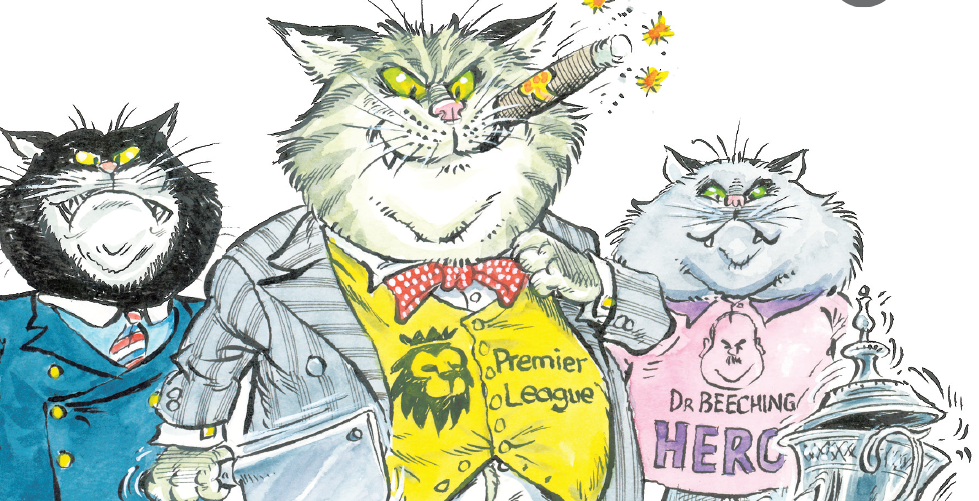FOR Dr Richard Beeching, the decision to dismantle Britain’s rail network boiled down to a simple matter of profit and loss.
No ethics. No morals. No real concern for collateral damage. An industry accountant with ice in his veins, the man appointed by Harold Macmillan to streamline an ailing service cared only about cold, hard data.
Not enough people using a line to turn a profit? Rip it up. Close the stations. Send Old Smoky to the sidings. As a result of his recommendations, Britain lost more than 4,000 miles of track and some 2000 stations.
Economically, Beeching’s hatchet job made sense. The government – swayed by prospective savings of £18m a year and eager to push commuters into nice, taxable motor cars – happily acquiesced.
Yet there is a reason Beeching remains one of Britain’s most reviled civil servants. By focussing on a model that prioritised profit, he failed to consider human costs.
Lincolnshire, a vast but sparsely populated county, was virtually discommunicated from the rest of the UK. Rural villages were cut off. Jobs lost.
Cornwall, especially, was decimated. Vital arteries that brought holidaymakers to its coastline vanished overnight. Fish and agricultural produce could no longer be shifted. To this day, many in the South West blame the region’s financial struggles on Beeching.
Sometimes, you have to look beyond the data. Beyond cold logic. Like when you hold a clandestine meeting to discuss the fate of the FA Cup.
Premier League bigwigs, it seems, have decided the old competition is now surplus to requirements. That it gets in the way of the big boys’ business. You know, things like pocketing ever more TV money and playing in Europe.
The plan is to shunt Cup games into the same midweek netherworld inhabited by the Capital One Cup. Worse yet, moves are afoot to end replays.
As in Beeching’s case, you can see the logic. Fewer games would allow for a winter break, giving England‘s elite players more rest and leaving them fresher for summer tournaments.
Considering England’s fourth Champions League spot is also hanging by a thread, the Premier League is also keen to give its representatives a bit of rest before the knockout stages.
For the privileged few, it’s a winner all ends up.
For the rest, however, it’s a disaster. Without replays, Non-League Burton wouldn’t have earned the money-spinning tie at Old Trafford that wiped out their debts and laid the foundations for everything they’ve achieved today.
Without the cash generated by a televised replay at Blackpool in 2001, Newport County may have gone out of business entirely.
Without replays, Charlie Blakemore’s Chasetown might never have become the lowest-ranked side ever to reach the third round in 2008; a draw at Port Vale in round two would surely have become a defeat as Non-League legs grew weary in extra-time.
Bear in mind, too, that, by the time they faced Cardiff, Chasetown had already played more games than any of ‘tired’ top-flight players require to reach the final.
For the vast majority of the 736 clubs who enter, the FA Cup – and replays in particular – are the financial lifeblood that keeps them lurching from season to season. It pays wages, plugs the gaps left by stay-at-home fans watching Sky.
How dare a few fat cats unilaterally decide what is best for the thousands on the breadline? Especially fat cats with the biggest squads in the country.
Yes, England’s players could do with a break. But, however much you’d like to win a World Cup or stay in the Premier League, is it really worth shafting so many people to achieve it? Beeching had that attitude – and look how history remembers him.
*This article was originally published in The FLP on 21 February 2016.
















Spot on Chris, as always.